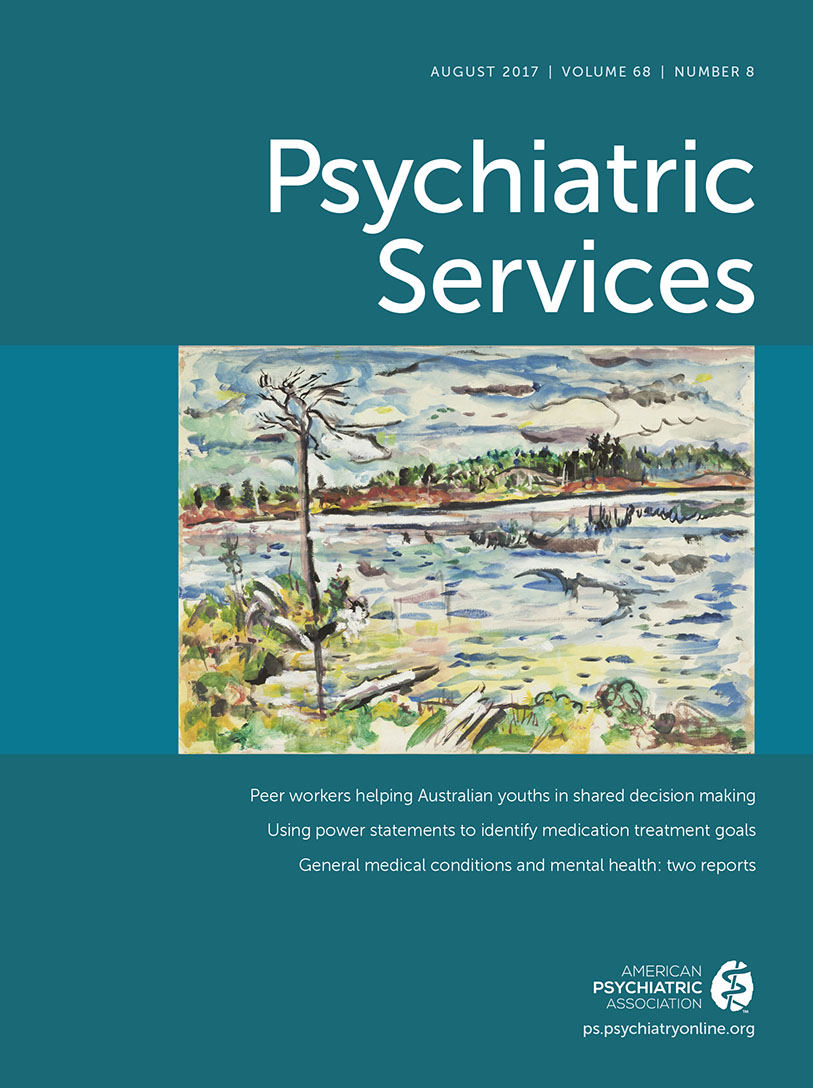Public Attitudes and Feelings of Warmth Toward Women and Men Experiencing Depression During the Perinatal Period
Abstract
Objective:
Depression is a major public health concern and often goes untreated. In response to a growing body of research documenting stigma as a barrier to depression care, this study focused on examining public stigma toward potentially vulnerable subpopulations.
Methods:
Participants (N=241) were recruited from Amazon’s Mechanical Turk and randomly assigned to provide anonymous ratings on attitudes and feelings of warmth toward pregnant women and expectant fathers experiencing depression, mothers and fathers experiencing postpartum depression, or women and men experiencing depression during nonperinatal periods.
Results:
Participants reported significantly more negative attitudes about depressed men than women, and male participants reported significantly more negative attitudes than female participants toward depressed individuals. Similarly, participants felt significantly less warmth toward depressed men than women, and male participants expressed significantly less warmth than female participants toward depressed individuals. Male participants felt equally warm toward men and women who experienced depression during nonperinatal periods, whereas female participants felt significantly warmer toward women who experienced depression during nonperinatal periods compared with men.
Conclusions:
Results indicate that the public views depressed men more negatively than depressed women and that males are more likely to hold stigmatizing attitudes toward depression, suggesting the importance of reducing stigma directed toward men with depression and stigma held by men toward persons with depression. Attitudes and feelings toward depressed individuals did not consistently vary by perinatal status. These findings are an initial step in improving depression treatment engagement strategies and in identifying those who would benefit most from stigma reduction programs.




